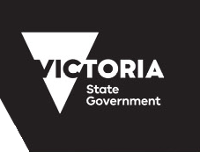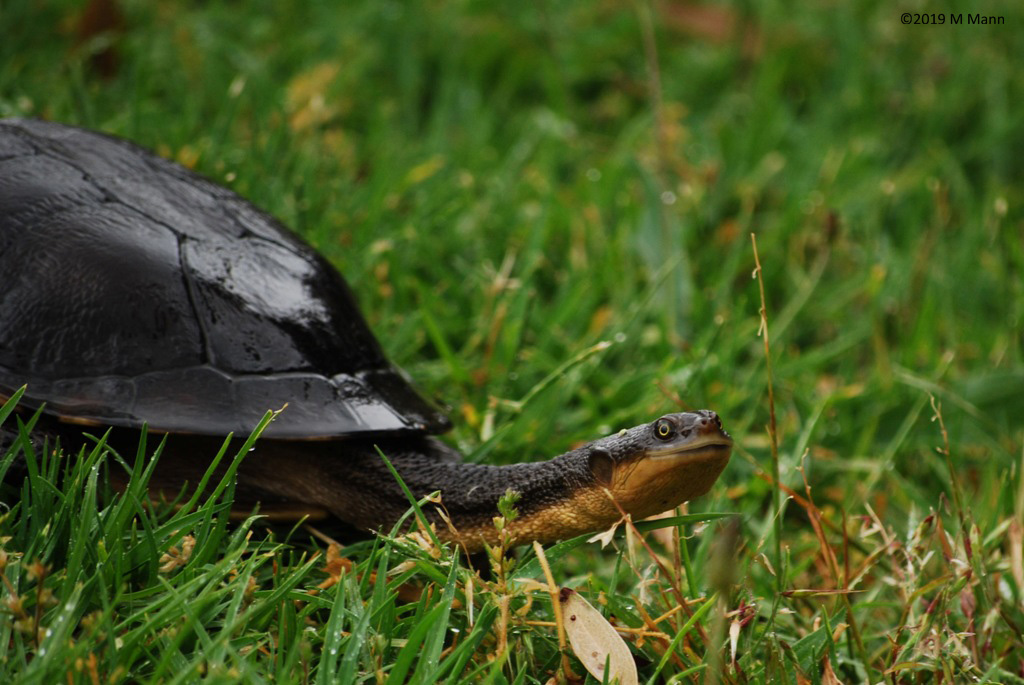Pest predator control in a priority location
The 1,005 hectare ecologically-significant Devilbend Natural Features Reserve, which includes Devilbend and Bittern Reservoirs, is the largest and most important freshwater habitat for waterbirds on the Mornington Peninsula. The area supports a high diversity of flora and fauna including 162 bird species which are known to use the reservoirs and adjacent bushland.
Significant species include national EPBC-listed:
- Australasian Bittern (E)
- Growling Grass Frog (V)
- White-throated Needletail
- Satin Flycatcher.
Also present within the reserve are State-listed:
- Blue-billed Duck (E)
- Little Egret
- Lewin’s Rail
- Southern Toadlet (E)
- Eastern Long-necked Turtle.
Citizen science data collected as part of the Crew at Daangean Turtle project has identified a worrying downward trend in the local population of Eastern Long-necked Turtle, whose nests are opportunistically raided by foxes during the turtle breeding season. With foxes implicated in numerous fauna extinctions across mainland Australia, introduced predator control is considered a top priority, particularly for the protection of vulnerable ground dwelling avian, amphibian and mammalian species.
This project will provide a strategic and coordinated landscape scale introduced predator control program targeting Red Fox populations within the Devilbend Natural Features Reserve and three surrounding catchment areas (Devilbend-Hastings, Merricks-Coolart & Balcombe-Moorooduc). Funding will provide education and ongoing on-ground control to reduce predatory pressure and improve outcomes for the threatened species that call Devilbend home.
Themes and Local Areas
| Primary Theme: | Native animals |
| Other Themes: | Wetlands, Native vegetation, Communities |
| Primary Local Area: | Mornington Peninsula |
| Other Local Areas: | Western Port |
| Project location: | Devilbend Natural Features Reserve, Tuerong |
| Scale of the project: | Local |
| New or continuing work: | New project/work |
Project partners
| Lead organisation: | Mornington Peninsula Landcare Network |
| Key partners: | Melbourne Water, Parks Victoria, Mornington Peninsula Shire, Westernport Biosphere, Crew at Daangean, Devilbend-Hastings Landcare Group, Merricks Coolart Catchment Landcare Group, Balcombe and Moorooduc Landcare Group |
| Registered Aboriginal Party/s relevant to the project or its area: | Bunurong Land Council Aboriginal Corporation |
Investment opportunities
| Opportunities for investors within this project start from: | $$ (Tens of thousands of dollars) |
| Estimated scale of investment for full project implementation: | $$$ (Hundreds of thousands of dollars) |
| Estimated timeframe for full project implementation: | 2-10 years |
Contribution toward targets
| Primary Regional Catchment Strategy target: | Pest Predator Control – At least 105,600 hectares of pest predator control undertaken in priority areas in this region between 2017 and 2050 (an average of at least 3,200 hectares per year). Feral cats remain absent on French Island maintaining an island safe-haven for wildlife. Threatened Animals – Wild populations of all threatened native animal species in the region are retained and their populations are self-sustainable, secure, healthy and resilient Diversity of native animals – Maintain the diversity of native animal species in the region from 2021 to 2050 and ensure the populations are sustainable, secure, healthy and resilient |
| Relevant Biodiversity 2037 goal: | Protect or assist one or more critically endangered or endangered species/community of native vegetation or native animal |
| Relevant National Landcare Program priority: | Priority species – Australasian Bittern – Trajectory improved |
More information
Contact facilitator@mplandcare.org.au



